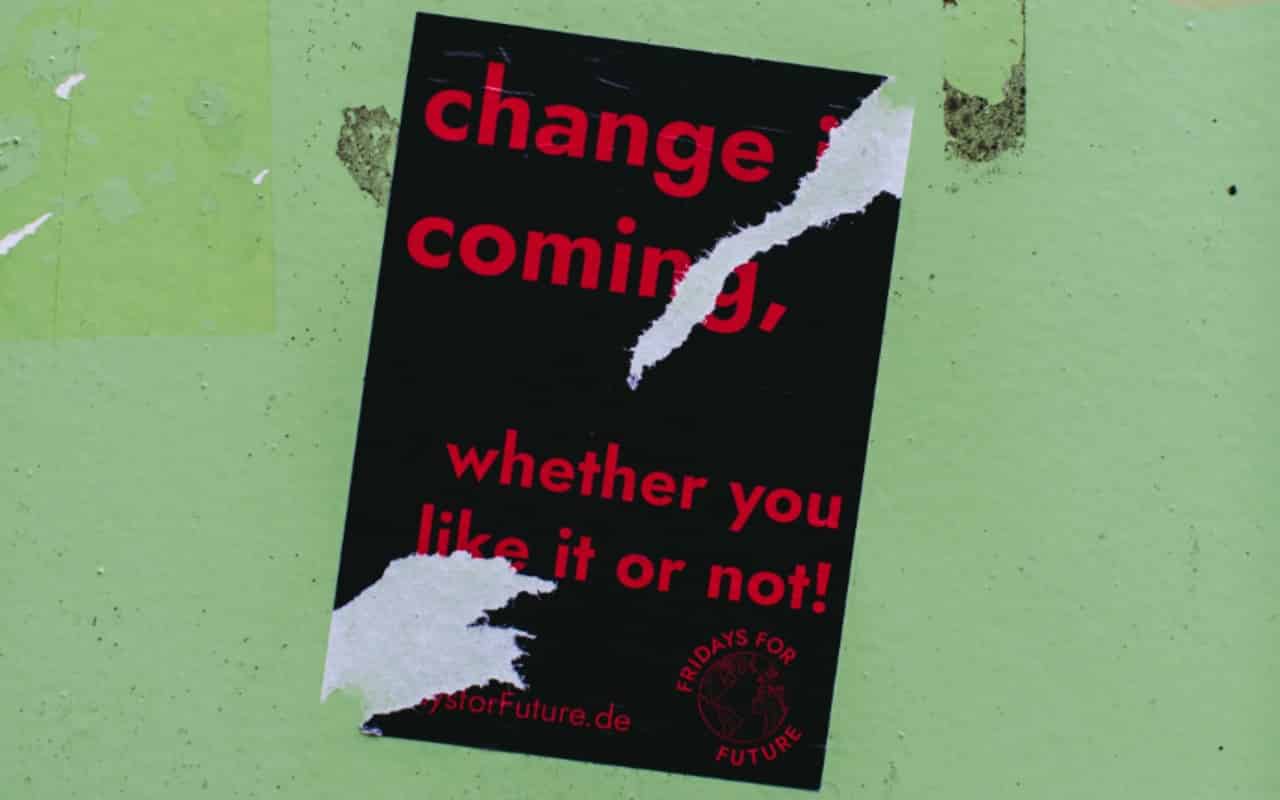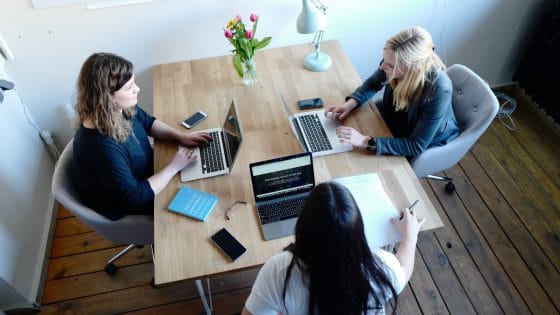It seems that life after Covid will be slightly different than we previously experienced. There is lots of talk about the “new normal” and we will all be affected in some way. A lot of companies are letting staff work from home either continuously, or perhaps part time. Being able to pop into the office for a variety of reasons will still be vitally important to so many corporations and offices. However, there may be some flexibility now revolving around staying at home a few days each week.
What is working from home going to do to commercial real estate though? Some city landscapes are already littered with leasing or sale signs. Towering structures are being erected, to what end? If businesses are downsizing their corporate footprint, perhaps there will not be as many companies looking to rent space. Hubs already existed pre-Covid nationwide, where you can work quietly alongside other freelancers, hire board rooms and meeting spaces, or even obtain suites for staff up to 100 or so. You can even “rent” a virtual address so you can appear to have established offices and work from home, while claiming to be in a dazzling skyscraper. So will most of these new highrise buildings have hubs that can be utilised in a variety of ways? Will the landscape change entirely as corporate offices are demolished to make way for residential addresses?
There are set to be population shifts as people move from capital cities in Australia to either remote suburbs, or even further into the countryside, as work from home can become their way of life. With the advancement of freeways and expressways bypassing most traffic, even commuting from local country addresses will not take the time it once did. Regional centres already were well established with their own shopping precincts (aka Main Street), so with their cheaper land prices and room to expand, seemed ideal for families wishing to safely raise children without fear of infection from overpopulated metro areas. These “Golden Halo’s” will surround the major cities and incorporate a huge number of families and residents. Services will need to expand to cover this shift, and education departments will have to cater for the growing number of pupils. Businesses will be able to flourish providing essential items and services, as they entice customers away from city stores.
Will there be changes to the home building industry with people needing home offices, as well as semi-open floor plans to help with ventilation while fighting mass infections? Recently home designers have had to incorporate flexibility in their designs as families remained under the one roof, and houses had to accommodate multiple generations. Originally having a “granny flat” in the backyard was a sign of the older generation having to be cared for closely, and families might have been able to pay for a small unit for their loved ones to live extremely close by. Now there are firms that have the “granny flat” built on, attached to the main house. This can be used until the kids fly the coop, and then converted to an Airbnb unit if you wish. Will the designs now always have to include a home office, with cable and wiring to support all office necessities? Gone will be closed and open floor plans. A hybrid semi-open plan will be safer for all concerned so that air is not stagnant and closed off, nor is it free to infect everyone within your space.
There was a National Geographic article on the return to museum patronage. It claimed some museums will only return to 20-50% of the given museum’s capacity. And there are expectations that tourism in Europe will drop by up to 70%, solely due to the loss of international travellers. Given that tourism became one of the first industries required to shut down, and the last to resurface, too many providers lost everything in the pandemic. It will have a spillover effect into services and providers as well as people are reluctant to hover near each other for extended periods. Cleaning staff will be made redundant, and volunteers unnecessary. Hired staff may be on reduced hours, if any at all, and there will possibly be event spaces or real estate affected by closure of recreational companies.
Did everyone draft Covid plans and contingencies for how to cope with crises? There are now policies in place for this specific pandemic in most businesses. Even if they are unwritten rules, they are still plastered all over walls since the outbreak. They instruct us to keep distances and regularly sanitise, as well as the Covid Safe Plan printouts listing how many people are allowed in that specific space. But what about other policies? There now exist policies and procedures for a general lockdown of business. Some corporations have established plans that will be enacted upon another crisis, whatever it might be. Their staff will be prepared to work from home, if they have been returned to the office. There will be cloud based solutions for office work, that even if not utilised in the return to work, might be the staple go-to when another crisis forces us home again. Maybe there are plans in place now to cover cleaning and supply chains?
Speaking of which… Wow!! Is anyone going to be buying from China ever again? So many customers are screaming for Australian made products. Major corporations will have to resource most of their supplies from within the country, I assume at much higher rates, or risk losing their customer base by returning to tried practices. Our proximity to Asia led to a massive explosion of work opportunities that will now have to shift again. But dropping Chinese manufacturing and supplies may result in a spin-off of chipping away at our tourism numbers, meaning a loss of income for our tourism industry.
There are now inventions that can help us with ensuring safety and sanitary interactions. Now that hand sanitiser is available, a group of refugees created a Lego robot that dispenses an appropriate amount of sanitiser with each swipe. Supermarkets may be able to pay to upgrade all their refrigerated doors with handles that enable us to use our forearms to open, instead of hand. And how many jobs will be replaced with AI and robots in the end? Restaurant chains were already playing with the idea of drone or robot delivery for their food orders. Does this pandemic lead to a rethink of courier services entirely? Warehouses were already beginning to implement automation in their packing, sorting and distribution. There could be a spread into other industries, impacting staff and hiring, as well as school curriculum as possible employment opportunities change and careers are removed as options.
Film and TV felt the pinch when Covid restrictions meant cast and crews could not safely inhabit their sets any more. Some came up with novel ideas to be able to complete episodes or series that were already underway. And now that cinemas are reopening, you can see movies that were being screened early in the year, as well as Ghostbusters, or every Harry Potter. Not only was the entertainment industry brought to a screeching halt, authors are feeling the changes too! There will be new realities written into plot lines and background information will have to be consistent with reality. Imagining what that is supposed to look like, whilst plotting your character’s story, must be exhausting.
Covid-19 is going to leave a lasting impression on us all. But I feel so many people are focusing on working from home, and not looking at the bigger picture behind every single decision that we will now have to make.



















